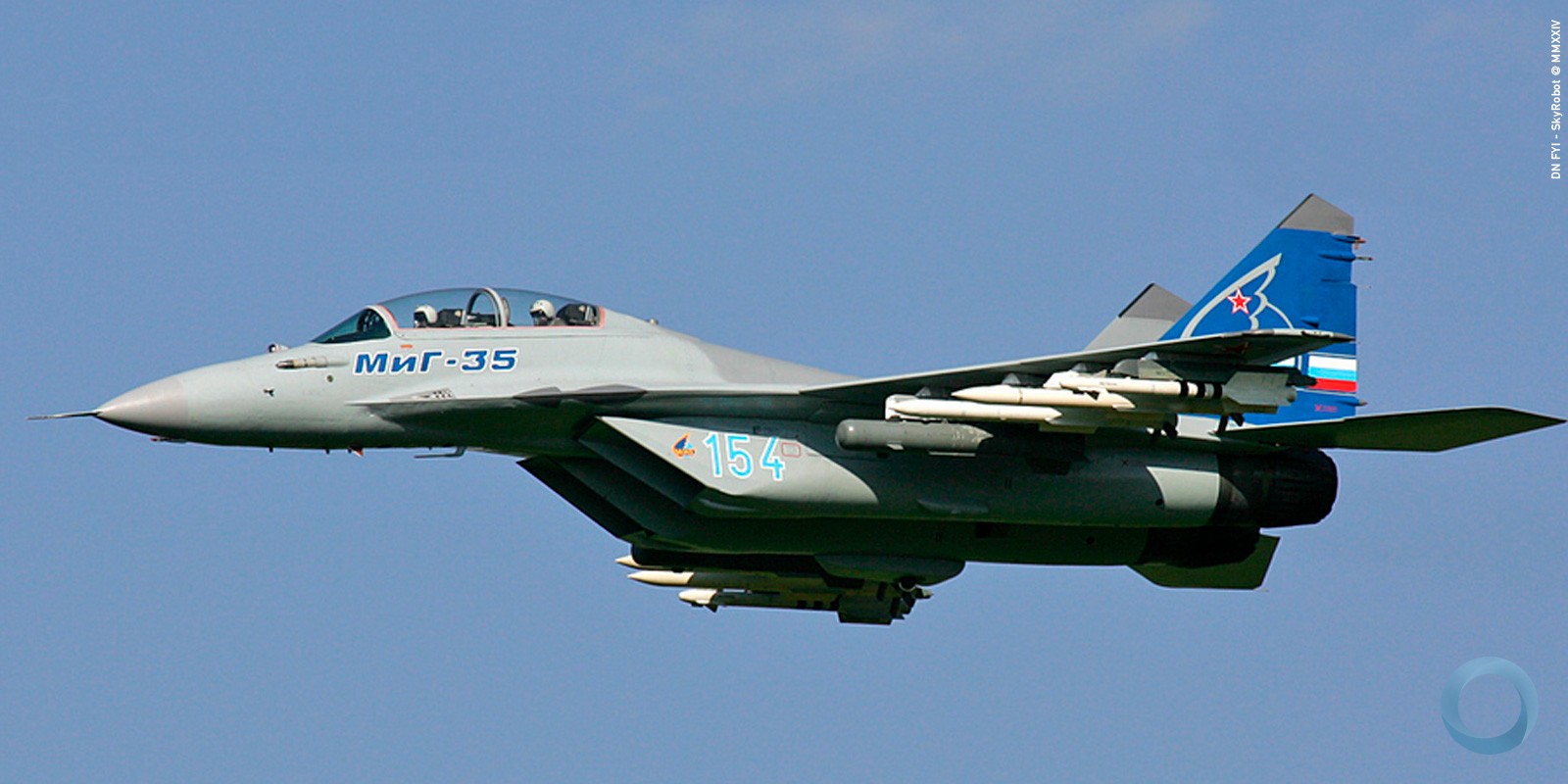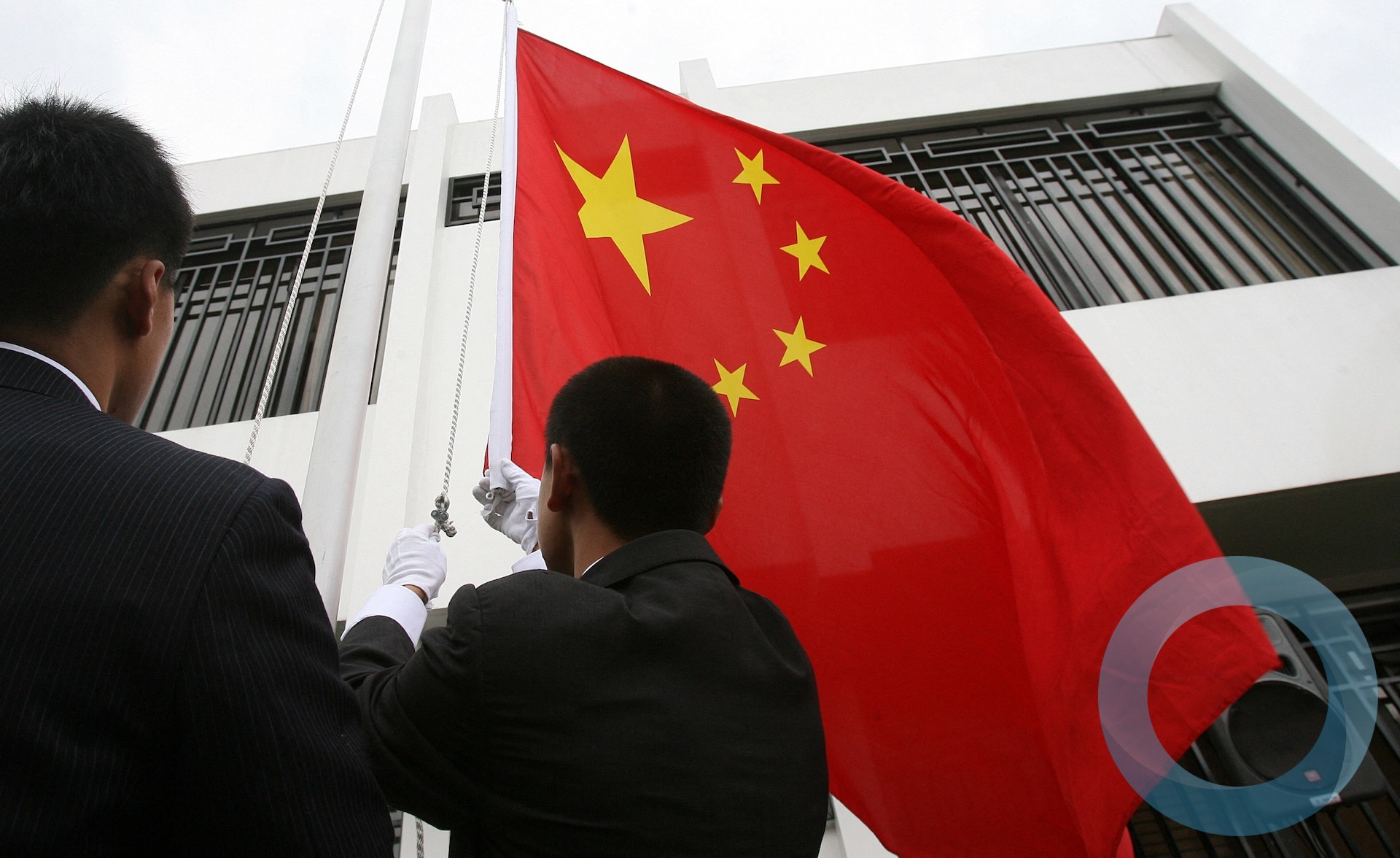Ivana Kottasová, CNN Business
Sherisse Pham contributed to this report.
UK telecoms group BT (BT) confirmed on Wednesday that it would not buy equipment from the Chinese tech company for the core of its next generation wireless network. The company also said it would remove existing Huawei technology from the heart of its 4G network within two years.
A spokesperson for BT said the decision was taken to align its mobile phone business, which it acquired from EE in 2016, with long-standing company policies that have excluded Huawei from its core networks.
The Chinese company, which sells smartphones and telecommunications equipment around the world, is facing increased scrutiny in the United States and other countries, where officials have warned of potential national security risks from using Huawei products.
A spokesperson for BT would not comment on whether the exclusion of Huawei was due to security concerns. The company said it will still keep Huawei as an "important equipment provider outside the core network," using its equipment in areas that are considered "benign," such as masts or telecom towers.
BT's announcement, which was first reported by the Financial Times, is the latest example of Western countries following a lead set by the United States.
"We have a long-running program to replace Huawei equipment in the mobile core for 3G and 4G," BT said in a statement, adding that the same principles will be applied to its core infrastructure for 5G.
"As a result, Huawei have not been included in vendor selection for our 5G core," it said.
Britain's most senior spy used a rare speech earlier this week to warn that the United Kingdom and its allies are in a technological arms race with their adversaries.
Alex Younger, head of the Secret Intelligence Service (also known as MI6), was quoted by the BBC as saying the United Kingdom will need to "decide the extent to which we are going to be comfortable with Chinese ownership of these technologies and these platforms."
Younger's warning follow reports that the United States is urging its allies to stop using Huawei telecommunications equipment because the Chinese company poses a security threat.
A British government oversight panel that monitors Huawei's activities in the United Kingdom warned earlier this year that it can provide only "limited assurance" that telecoms equipment provided by Huawei poses no threat to national security.
The Financial Times reported last week that the UK government has warned telecoms companies to consider their suppliers carefully as they build 5G networks.
Huawei said it "understands and supports" BT's move, describing it as "normal and expected."
"Huawei has been working with BT for almost 15 years," it said in a statement. "Since the beginning of this partnership, BT has operated on a principle of different vendors for different network layers."
The Chinese company added that it will continue working with BT and noted that its "products and solutions serve customers in more than 170 countries and regions."
Huawei is largely shut out of the US market, where it has repeatedly come under fire from lawmakers and government officials who accuse it of working under the influence of the Chinese government.
It says it's a private company owned by its employees. It told CNN Business last month that its equipment is trusted by 46 of the world's 50 largest telecommunications companies.
But security agencies are particularly worried about Huawei's involvement in future 5G networks, because of the rise of connected devices, smart homes and the internet of things.
New Zealand and Australia have also prevented telecoms companies from using Huawei equipment for their 5G mobile networks.






























